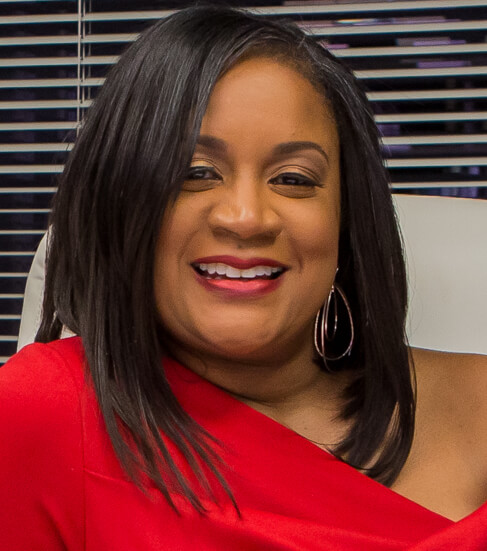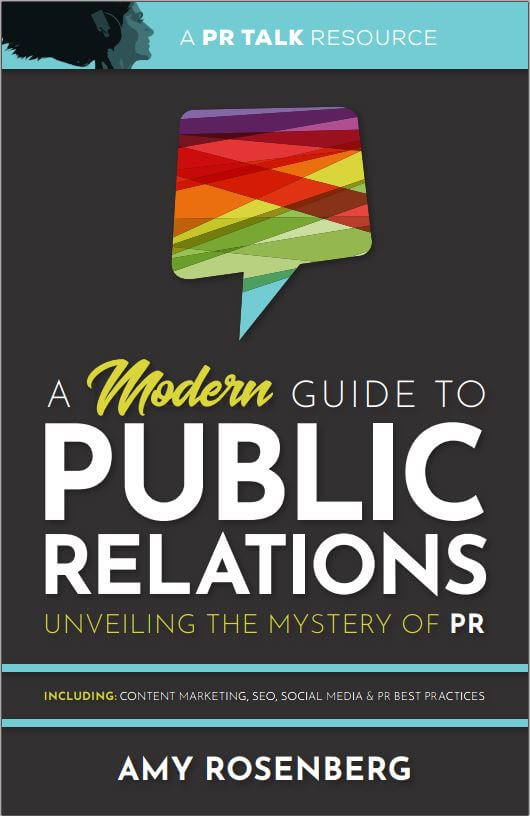![How Sadie Lincoln Creates Body-Positivity Despite the Cost to Barre3 [Podcast]](https://www.veracityagency.com/wp-content/uploads/Sadie-Lincoln-800x600-1.jpg)
How Sadie Lincoln Creates Body-Positivity Despite the Cost to Barre3 [Podcast]
Today on PR Talk, Amy speaks with Sadie Lincoln, the co-founder and CEO of barre3, a fitness company focused on teaching people how to be balanced in body and empowered from within. Sadie shares how she created body-positive messaging in the fitness industry through mindful marketing. Her story of trusting her gut — even when the numbers didn’t line up — grew barre3 to 170+ franchise studios powered by female entrepreneurs, plus an online-workout streaming-subscriber base in 156+ countries.
Eschewing Shame-Based Motivation
Sadie fell in love with fitness during college, leading her towards a ten-year career at an international fitness conglomerate. There she witnessed the damaging effects of marketing centered around celebrity bodies and before-and-after pictures, which only made audiences strive towards looking like photoshopped bodies. Noticing that these unrealistic goals were causing her own internal struggles with body image, Sadie felt it was time to battle the body shamers.
She did this by launching barre3, a strength training and mindfulness brand, with her husband in 2008. Refusing to motivate through shame and fear — even though it sells — she created ground-breaking marketing that motivates through compassion and presence. Along the way, she built spaces fostering inclusivity, real change, loyal customers and entrepreneurial opportunities for women.
Building Body Positivity Into Company Values
Sadie and her husband started their marketing efforts by defining their values, which strongly excluded motivating through shame or future-based aspirations. With that foundation set, their marketing started small by focusing on customer experience. Leaving workout classes happier, healthier and more connected, customers turned fiercely loyal and referred business to barre3.
Establishing boundaries around barre3’s values allowed more space for creativity. During the pandemic, this creativity had to be invoked when classes were no longer taking place in person, mental health was at an all-time low and people were losing motivation. Through this time, barre3 chose approaches that continued to align with their values while shifting to a virtual path. Without the foundation set, there would have been no way of finding the light through such a difficult time.
Mindfulness Used to Decrease Burnout Effects
As burnout culture runs rampant, Sadie believes mindfulness is highly needed. Since staying in the present moment takes practice, she suggests first managing energy proportionately to what matters most. Ideally, this will help bring balance, ultimately leading to mindfulness and eased burnout.
Be a rebel! Saying no to things that don’t align with principles and setting boundaries are just two ways to stay motivated. Take it from Sadie, if she had kept with the norms of marketing through shame, barre3 would be like every other gym.
Listen now to learn more about how barre3 teaches strength, cardio and mindfulness while displaying body positivity. Use these ideas for workouts or workdays.
Follow this link if you are interested in a free 14-day online trial with barre3.
Don’t Miss an Episode
If you haven’t already subscribed to the PR Talk Podcast, you can find more great episodes on iTunes, Stitcher, Google Podcasts, iHeart Radio and Spotify. While you’re there, don’t forget to rate and review the show!
About the Guest: Sadie Lincoln
Sadie Lincoln is the co-founder and CEO of barre3, a fitness company focused on teaching people to be balanced in body and empowered from within. Starting in 2008 with the flagship studio in Portland, Oregon, barre3 has grown to include more than 170 franchise studios powered by female entrepreneurs, plus an online-workout streaming-subscriber base in over 156 countries. Sadie is on Inc.’s Female Founders 100 and MO100 Impact list, has been featured on NPR’s How I Built This, and regularly speaks on mindful leadership, the power of body wisdom, and the movement to redefine what success in fitness means.
PR Talk is part of the Marketing Podcast Network
The Marketing Podcast Network gives brands that sell to marketers direct access to reach thousands of buyers via their trusted media source: Marketing podcasts. Browse our library of shows and see where your message can be placed to reach prospective customers ripe for your message.
This episode of PR Talk is brought to you by PRSA Oregon
Throughout Oregon and Southwest Washington, PRSA provides members with networking, mentorship, skill building and professional development opportunities – whether you are a new professional fresh out of college or a skilled expert with 20 years in the industry. Check out PRSAoregon.org for more information on how membership can help you grow and connect.

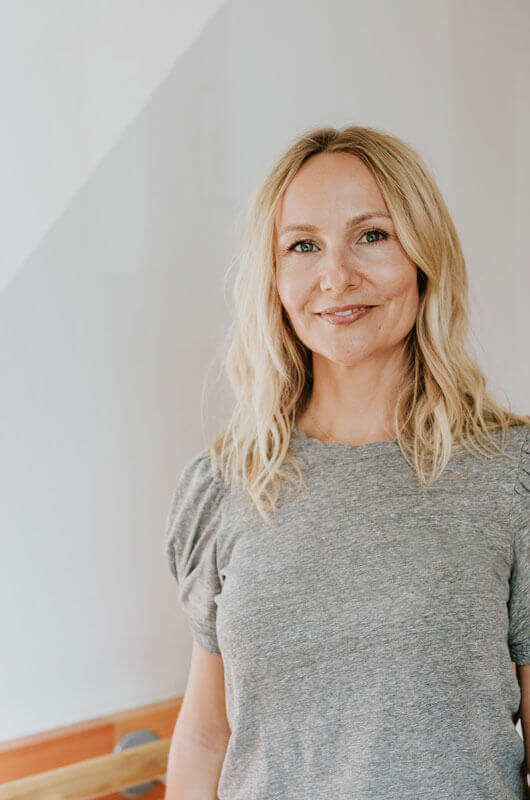
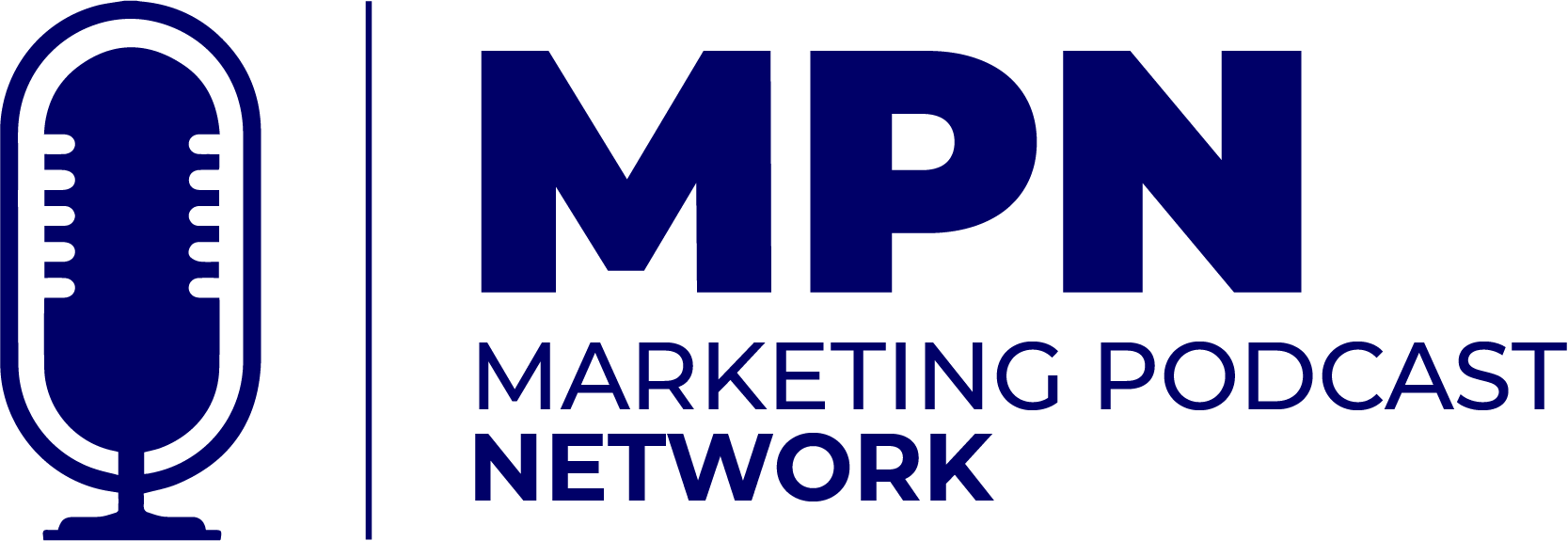
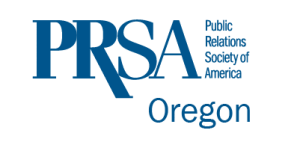

![Diversity Marketing with Fabiana Meléndez [Podcast]](https://www.veracityagency.com/wp-content/uploads/Ep-95-Fabiana-Melendez-Feature_95.jpg)
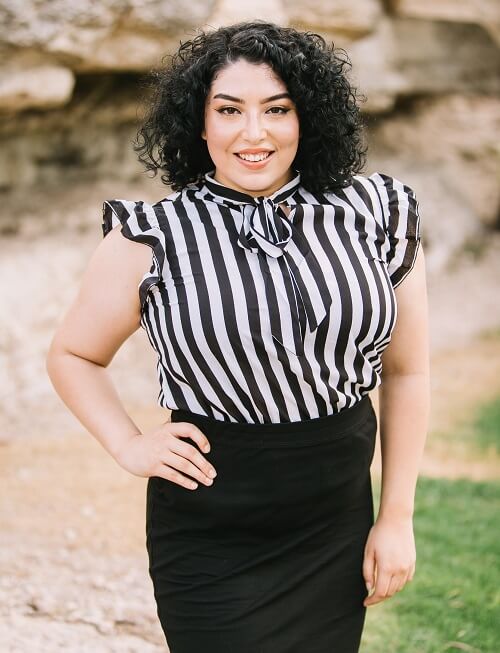
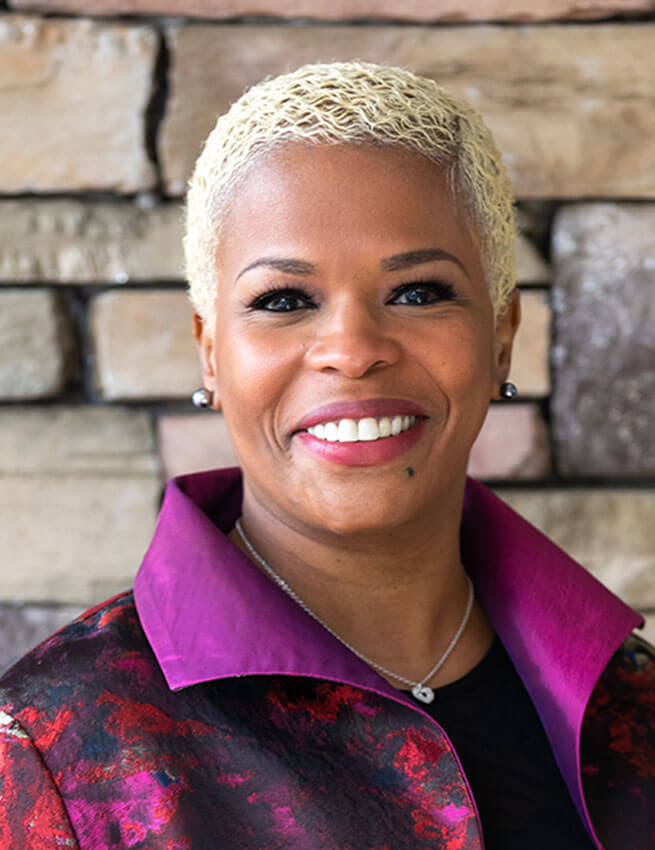
![Diversity, Equity & Inclusion (DEI) with Serilda Summers-McGee [Podcast]](https://www.veracityagency.com/wp-content/uploads/Serilda-Summers-McGee-on-PR-Talk_800x600.jpg)
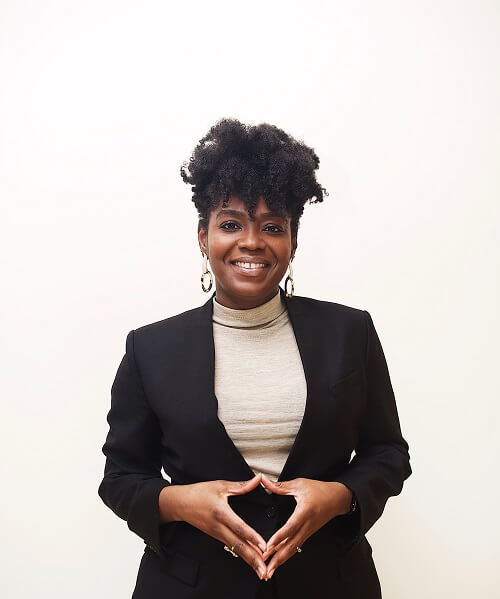
![Multicultural Marketing with Alexis Davis Smith [Podcast]](https://www.veracityagency.com/wp-content/uploads/Alexis-Davis-Smith-website2.jpg)
